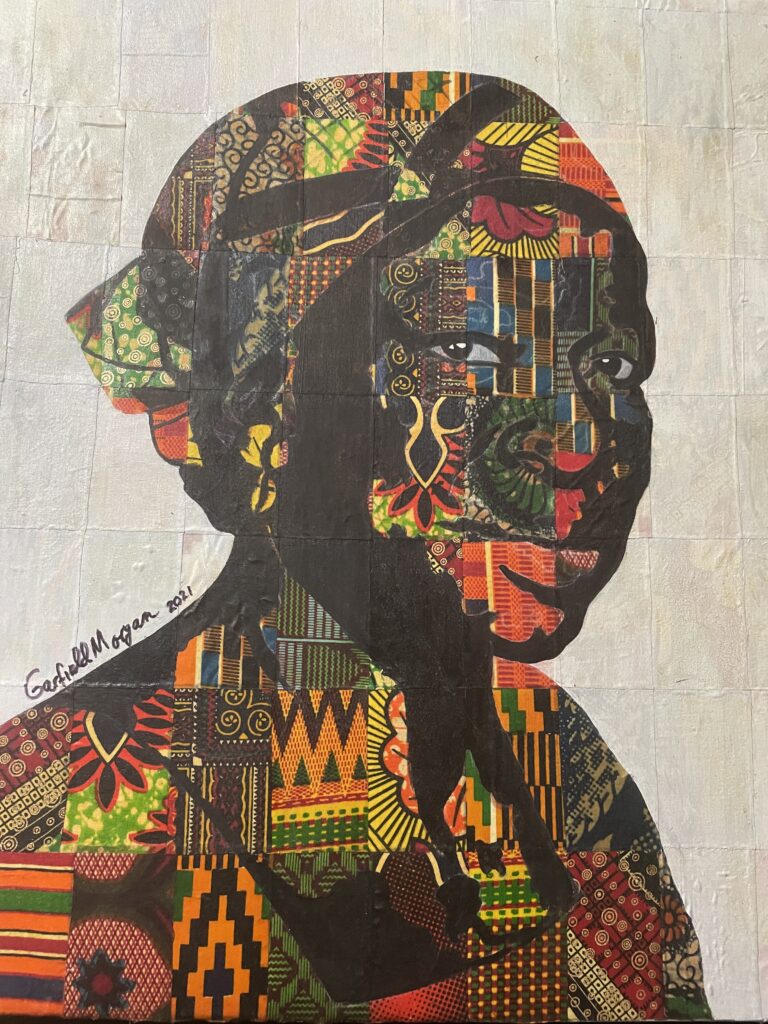Monkeypox virus in Jamaica

The island recorded its first confirmed case of monkeypox on Wednesday 6 July.
Minister of Health and Wellness Dr Christopher Tufton noted that it was a male who had recently travelled from the United Kingdom but is in isolation and undergoing treatment. “He presented to the public health system on 5 July, having arrived on the island some five days earlier”, he added. Tufton said that the close contacts of the person have been quarantined following contact tracing “which will continue if necessary”.
According to media reports, the confirmation of the first case has triggered the country’s emergency protocols, which are in line with international health regulation protocols. This includes the activation of the country’s Emergency Operations Centre. The information was shared in an emergency virtual press conference the same day which noted that a review of all isolation facilities is to be done to look at the capacity to manage both monkeypox and COVID-19 [coronavirus].
Meanwhile, Dr. Tufton said the confirmation of the virus locally is not reason for Jamaicans to panic or become fearful. “Given what has transpired globally… up to this point, discovery of one case doesn’t make or create a crisis. It certainly creates concerns,” he said. He maintained that following COVID-19 protocols can help to reduce transmission of the monkeypox, which is usually mild to moderate. “All members of the public should wear a mask ideally where you feel exposed normally in public, frequently wash hands and practise physical distancing, so the protocols are pretty similar to the COVID-19 virus,” he added.
Monkeypox symptoms include fever, intense headache, swelling of the lymph nodes, back pain, muscle ache or general lack of energy or a rash. The incubation period is between five to 21 days. People experiencing any of these symptoms should call ahead before visiting their medical practitioner for examination and advice.
According to Chief Medical Officer Dr. Jacquiline Bisasor-McKenzie, the Ministry will intensify the communication campaign, “and of course, increasing the awareness of the clinical healthcare workers in order for them to be able to provide help to our clients, so we will be having increased awareness sessions for our healthcare providers as well,” she said.
Bissessar- McKenzie noted that Jamaica has the capacity to test for the virus through the support of the Pan-American Health Organization (PAHO). Jamaicans are encouraged to educate themselves, so that they can increase their level of protection.
The World Health Organization (WHO) report on the virus recorded approximately 3500 cases with only one fatality.
The monkeypox virus is normally found in animals, but the disease may be transmitted from animals to humans. The virus is transmitted from one person to another by close contact with lesions, body fluids, respiratory droplets and contaminated materials such as bedding.






